archive
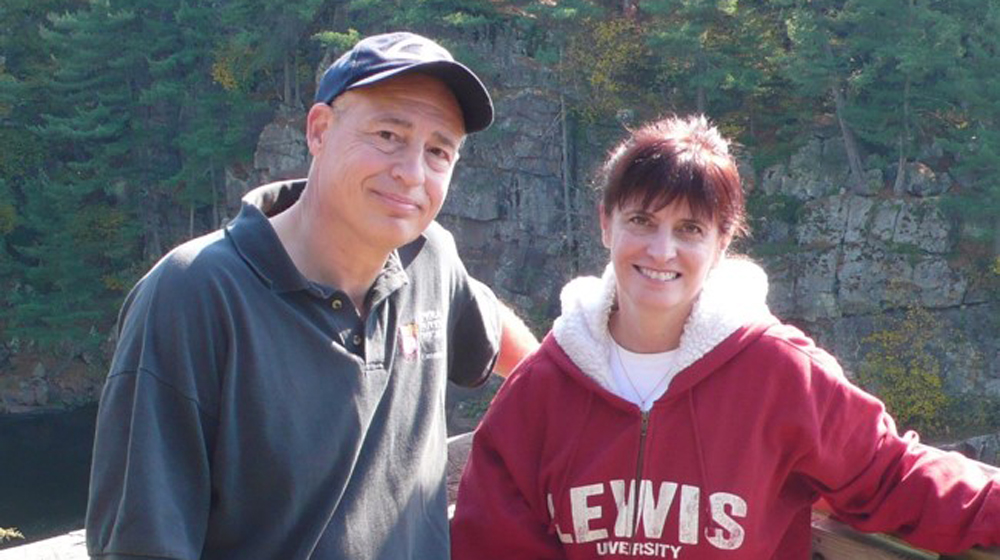
"Civil War Chicago: Eyewitness to History" on October 20th
Professor of History Theodore J. Karamanski, PhD and Loyola alumna Eileen M. McMahon, PhD, will discuss their new book on the Civil War’s transformative role in Chicago's development.
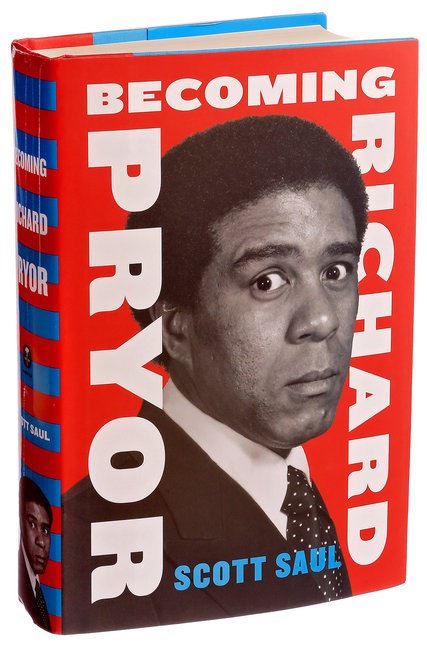
Richard Pryor Biographer to Speak at Loyola
Scott Saul, the author of Becoming Richard Pryor, will give a public lecture on the comedian entitled "Living with Richard Pryor: A Biographer's Tale" on Friday, April 24 at 3 PM.
Timothy Gilfoyle on "The Changing Forms of History"
Should history be a book discipline? What constitutes "acceptable scholarship" in history? Professor Timothy Gilfoyle considers the rich and diverse forms that historical scholarship take from books, digital media, and public history projects in his article "The Changing Forms of History" in April's edition of Perspectives on History, the AHA newsmagazine.

"The Rise of the Nation-Saint" on November 5th
Prof. Kathleen Sprows Cummings, University of Notre Dame, discusses a pre-circulated paper on the efforts of U.S. Catholics to secure their first canonized saint for the third meeting of the 2015-2016 Ramonat Seminar Series.
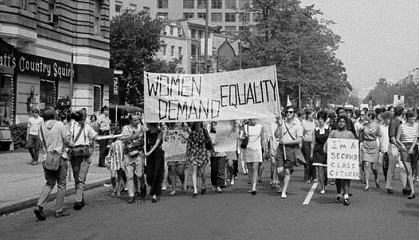
Voices of Chicago Women Activists
Celebrate Women's History Month with the Women & Leadership Archives and the Chicago Area Women's History Council. Come hear multimedia excerpts of oral histories by Columbia College honors students featuring Chicago women activists and leaders. The event will be held on Sunday, March 16th from 2:00pm-5:00pm on the 1st floor of Piper Hall.

What was Chrysler Village and how did it get its name?
Public History graduate students know and shared their work on a historic nomination for the neighborhood with Ask Geoffrey on WTTW the other night.
LEARN MORE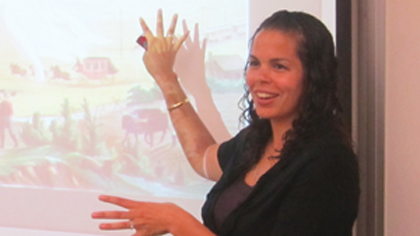
Closing the Gap
Sarah Doherty (PhD '12) reflects on the importance of the Preparing Future Faculty Program in equipping her, and other minority doctoral students, with the skills necessary for a career in academia.
LEARN MOREMichelle Nickerson To Speak on Catholic Radicalism
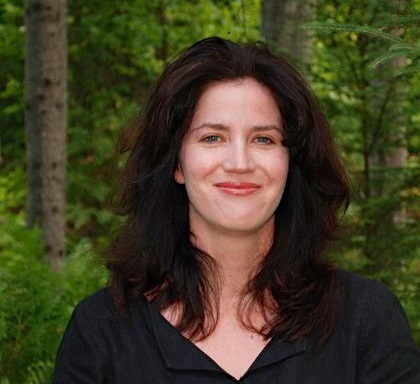
In 1971, FBI agents arrested a group of peace activists just as they were finishing a burglary of draft cards and vandalizing a federal building in Camden, New Jersey. President Richard Nixon and J. Edgar Hoover had been trying for months to infiltrate and undercut their movement, known as the “Catholic Left,” which had successfully destroyed hundreds of thousands of draft cards in their efforts to apply steady non-violent pressure to end the Vietnam War. On Wednesday, April 30th at 4pm, in the Gannon Center for Women and Leadership, Professor Michelle Nickerson will talk about her research on the "Camden 28" and the larger movement of Catholic radicalism. Nickerson explores the formation of a Catholic "political identity" in the mid-twentieth century that, she suggests, takes shape in dialectic with, but also independent from, and in opposition to the church.
